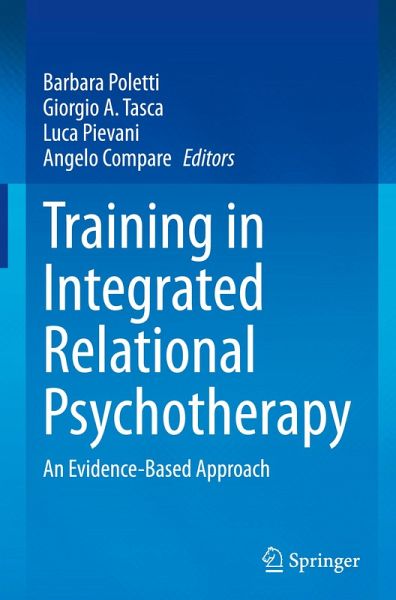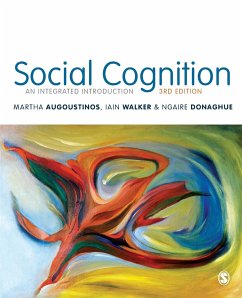
Training in Integrated Relational Psychotherapy
An Evidence-Based Approach
Herausgegeben: Poletti, Barbara; Tasca, Giorgio A.; Pievani, Luca; Compare, Angelo

PAYBACK Punkte
68 °P sammeln!
This edited book offers an integrative and evidence-based practice approach to training in psychotherapy, examining common factors across different therapeutic models seen through an attachment theory lens. It stresses the opportunities to handle those therapeutic situations in practice that predict patient outcomes. This edited volume will appeal to instructors and students, particularly as an introductory text on psychotherapy practice that emphasizes the fundamentals of therapist interpersonal skills and approaches. Instructors may use the book, its worksheets, and review exercises to help ...
This edited book offers an integrative and evidence-based practice approach to training in psychotherapy, examining common factors across different therapeutic models seen through an attachment theory lens. It stresses the opportunities to handle those therapeutic situations in practice that predict patient outcomes. This edited volume will appeal to instructors and students, particularly as an introductory text on psychotherapy practice that emphasizes the fundamentals of therapist interpersonal skills and approaches. Instructors may use the book, its worksheets, and review exercises to help structure a course in psychotherapy. Individual chapters will interest trainers and students in a more advanced course that teaches interpersonally oriented therapies with an attachment theory foundation. Although written specifically for training contexts, the book will also interest practicing clinicians who wish to extend their skill set to include interventions related to those informed by attachment theory.












